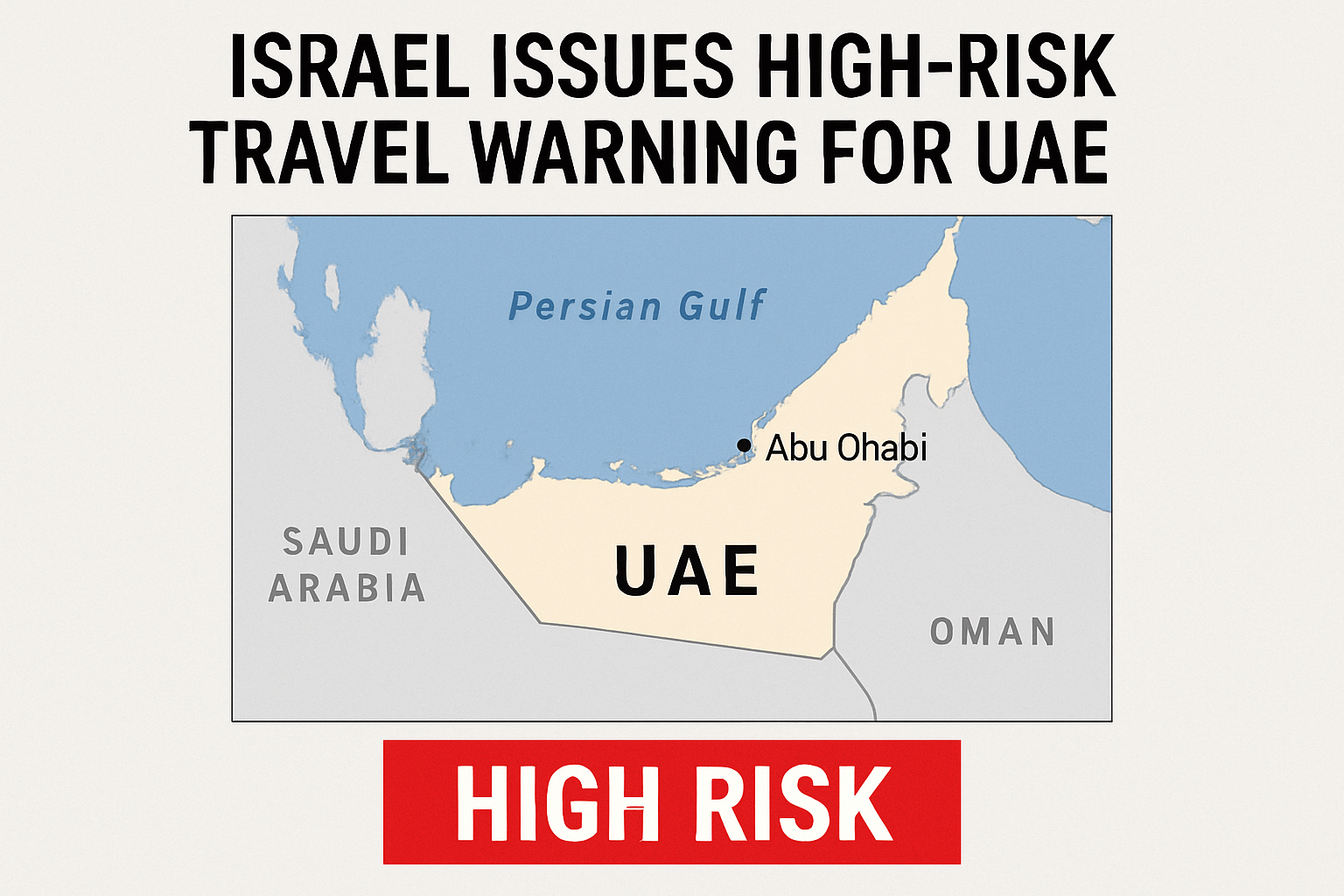BRUSSELS – June 18, 2025 – The European Union has officially adopted a new framework that strengthens its authority to suspend visa-free travel agreements in response to evolving security risks, hybrid threats, and human rights abuses. The sweeping reform, backed by both the European Parliament and Council of the EU, introduces robust mechanisms for revoking visa privileges, with direct consequences for countries that breach international norms or exploit loopholes in the visa-waiver system.
Under the updated legislation, the EU can now swiftly suspend short-stay visa waivers—valid for up to 90 days within the Schengen Zone—based on a broader set of criteria, reflecting growing geopolitical concerns and the need for stronger border control.
Expanded Grounds for Visa Suspension: Human Rights and Hybrid Threats
The new policy significantly widens the criteria for visa-free suspension, allowing the EU to react quickly to violations that extend beyond traditional diplomatic disagreements. Countries found guilty of:
- Violating the UN Charter,
- Engaging in systemic human rights abuses,
- Ignoring international court decisions,
can now face immediate visa-free access revocation. These new clauses align more closely with the original spirit of visa liberalization, which presumes mutual respect for global laws, democratic governance, and responsible international conduct.
Additionally, the EU has formally included hybrid threats in the suspension criteria—particularly actions that involve using migration as a geopolitical weapon. Countries accused of deliberately facilitating or weaponizing irregular migration flows to destabilize EU societies will come under prompt investigation and scrutiny.
‘Golden Passport’ Schemes in the Crosshairs
The reform also directly targets the controversial practice of citizenship-by-investment programs, often dubbed “golden passport schemes.” These programs allow foreign nationals to gain citizenship in exchange for financial investments—typically without rigorous security checks.
EU officials argue such schemes pose a serious threat to the integrity of the Schengen Zone, enabling wealthy individuals with potentially dubious financial or criminal backgrounds to move freely across Europe. Member states are now empowered to reassess visa-free status for countries that operate or support these investment-based citizenship programs.
Targeted Action Against Government Officials
In a landmark move, the new regulations permit direct sanctions against government officials responsible for enabling abuses. The European Commission can now selectively revoke visa-free privileges for diplomatic and service passport holders implicated in systemic violations of international norms.
This level of individual accountability is expected to drive more ethical policymaking, especially in countries where diplomatic immunity has historically shielded officials from consequence.
Tighter Controls on Migration and Crime Metrics
The legislative overhaul also sharpens thresholds related to migration, asylum abuse, and crime rates. Specifically, visa-free status can now be automatically suspended if:
- Unauthorized stays increase by more than 30% over a set period
- Asylum applications from a country have less than a 20% approval rate
- Serious crimes by nationals of a visa-waiver country rise significantly
These metrics are intended to preserve orderly migration flows and protect European communities from potential security or public policy threats.
Global Travel Industry on Alert
The ripple effects of this policy change extend far beyond the EU. For the global tourism sector, including airlines, travel agencies, and hospitality providers, the new rules represent both a risk and a call to adapt.
Sudden suspensions of visa-free status could impact international flight bookings, tour operations, and destination planning. Travel companies serving high-risk or politically unstable markets will need contingency strategies—including transparent client communications, flexible bookings, and alternative European destinations for affected travelers.
Marketing teams must also reinforce trust in the safety and openness of EU destinations to mitigate concerns over policy unpredictability.
Travelers Must Prepare for Sudden Changes
For international tourists, particularly those from countries under diplomatic or security scrutiny, the implications are real. Travelers may experience:
- Unexpected visa requirements
- Longer processing times
- Increased document checks at borders
- Elevated travel costs and planning delays
While the EU stresses that legitimate travel remains welcome, the increased complexity may discourage tourism from less stable regions or countries with opaque immigration practices.
Tourism-Dependent EU Economies at Risk
Within the EU, countries such as France, Italy, Spain, and Greece—which attract millions of foreign visitors annually—could see temporary dips in tourism if visa suspensions impact inbound flows. Industry leaders warn that border bureaucracy could erode the appeal of Europe’s famed openness if not carefully managed.
According to the European Travel Commission, the reform must be paired with a robust outreach strategy to reassure global travelers that Europe remains accessible, safe, and visitor-friendly—especially ahead of major global events such as the 2026 FIFA World Cup and the 2028 Summer Olympics in Paris.
A Bold Step in Travel Diplomacy
This visa policy reform signals a new era of assertive European travel governance. It aligns with broader international trends emphasizing stronger border protection, rule-of-law diplomacy, and migration management.
While it strengthens the EU’s hand in global negotiations, it also places greater pressure on partner countries to meet clear standards. Nations that previously benefited from visa-free travel must now demonstrate compliance with democratic values, transparent governance, and security cooperation.
Final Thoughts
The EU’s newly fortified visa suspension mechanism represents a pivotal shift in international tourism policy. While it serves to bolster European security and uphold legal norms, it also introduces new layers of complexity for travelers and the tourism economy alike.
Governments, businesses, and travelers worldwide must now stay alert to evolving geopolitical dynamics that could affect travel access to the European Union. The stakes are higher—but so is the potential for a safer, more principled global travel landscape.



















